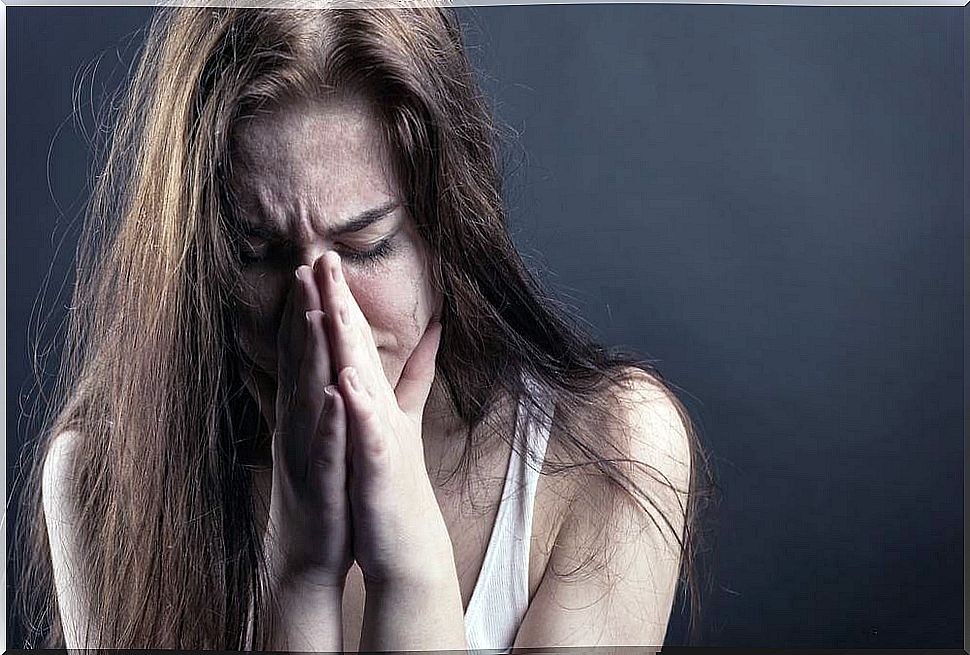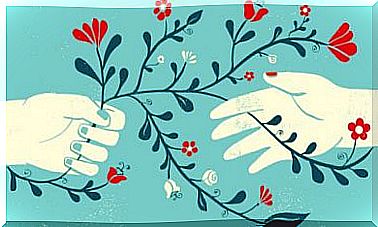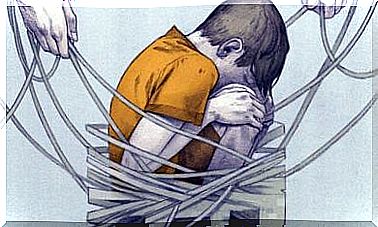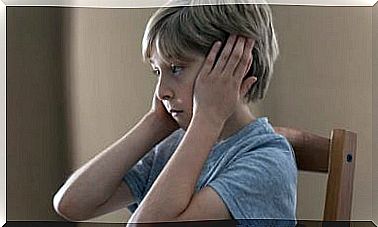Depression, A Challenge That Knows No Ages

Depression appears when you least expect it and does not understand stereotypes. It currently affects approximately one in ten people in the world and no age group is safe from this evil of our time. Children, adolescents, adults and the elderly. At each stage, depression appears with some peculiarities but a common denominator: it takes away your joy of living.
Depression is a severe and disabling illness. Since entering your life your mood, your thoughts and your behaviors change. You start to feel sad and hopeless, isolate yourself and withdraw as your mind fills with thoughts of guilt. Early detection and proper treatment are essential elements to combat depression, so it is necessary to know in what forms it occurs.
Depression in different age groups
Kids
We have an image of childhood as that stage of our life, simple and happy, to which we would like to return. The lack of responsibilities, laughter, games … However, the reality is that many children face depression every day and this, many times, is not detected by their environment.
Symptoms of depression in children can easily be confused with behavior problems, physical illnesses, or temporary situations. Above all, because children cannot express what they are feeling. In many cases, they cannot even fully understand it.
In children, depression can manifest itself in the form of irritability and bad mood, rather than the typical signs of sadness. Depressed children are often very critical of themselves, apathetic, and generally withdrawn from their peers.
It is easy to fall into the error of assuming that this type of behavior reflects a lack of discipline, laziness or shyness in the child. But it is necessary to inquire, talk and observe evolution, as they may be hiding a much more serious reality.
Teenagers
Adolescents face similar problems of lack of understanding, as their attitude changes are often attributed to adolescence itself. L os depressed youth experience feelings of sadness, frustration and emptiness. They are usually extremely sensitive to rejection and arguments with friends and family are common.
Their insomnia, poor school performance or unstable mood are seldom recognized by the environment as symptoms of depression, which may tend to blame the adolescent for their behavior. The young person, for his part, may be afraid to recognize his situation and ask for help. Therefore, as parents it is essential that we show ourselves available, understanding and willing to help unconditionally.
Adults
This is the age group that we most commonly associate with a depressive disorder. Symptoms include low spirits, sleep and appetite disorders, loss of interest, and feelings of worthlessness. Even for an adult, it can be difficult to accept that they are experiencing depression as, unfortunately, mental health is still stigmatized.
Let’s try to be connected with ourselves so that we can detect any negative thoughts or low spirits that are lingering over time. Let’s not be afraid to listen to our needs and make changes in our lives because, sometimes, depression is the result of having left ourselves for too long.
Geriatric depression
The elderly are a group especially vulnerable to depression. They face numerous losses, both in employment and social status, as well as in friends, loved ones, and health. Trying to assimilate these changes in a short period of time can be difficult, especially coupled with the lack of emotional support they often encounter.
Geriatric depression manifests itself with a low mood, difficulty concentrating, and progressive isolation and personal neglect. It can also be accompanied by large changes in weight, anxiety, and generalized physical complaints.
Let us be attentive to the signals of our elders, to provide them with the support, company and help they need. Social and emotional ties are a great protective factor against depression and greatly favor coping with it.
Depression has treatment
No matter how old you are, you have to remember that you are not alone and that there is hope. Currently there are effective treatments to address depression, both psychological and pharmacological. If you feel that you have lost interest, courage and strength, do not hesitate to ask for help.









